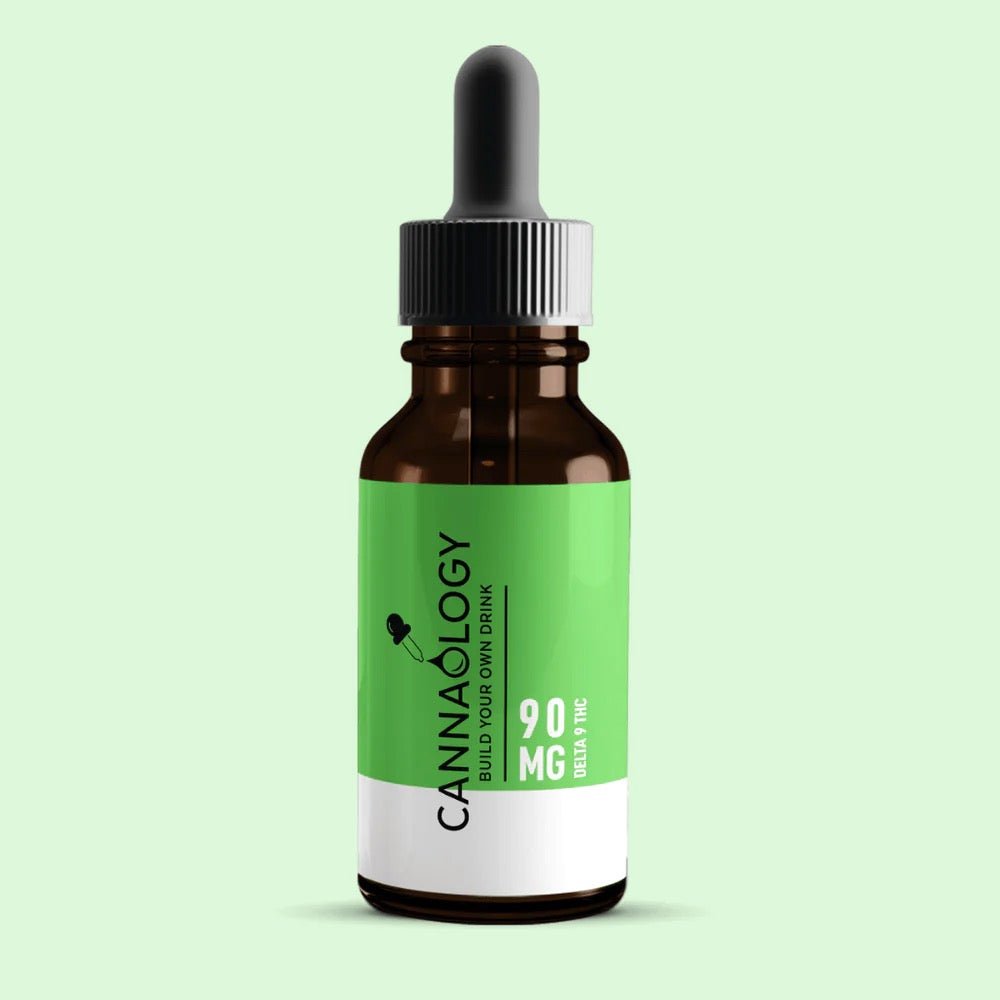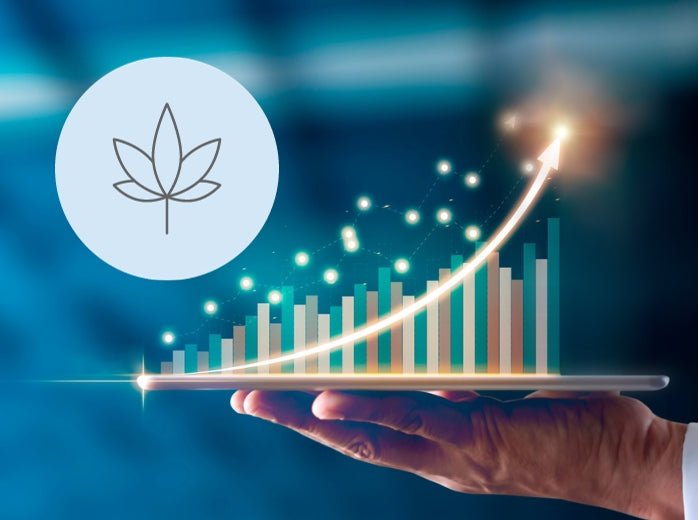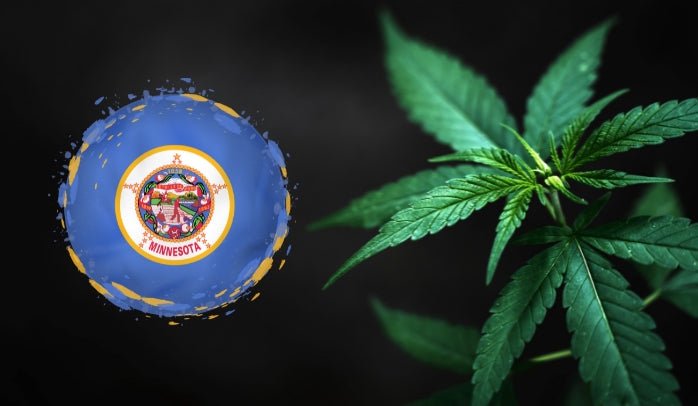The ruling means hemp businesses in the state will continue to lose millions until a lawsuit challenging the statute is settled in court.

The ongoing battle in Virginia over the legal status of hemp-derived products in the Cavalier state added another chapter as a federal judge weighed in on the saga this week. According to multiple media outlets, U.S. District Judge Leonie M. Brinkema rejected a request to grant an injunction on the recently enacted Virginia law that imposes severe restrictions on hemp items containing intoxicating levels of THC.
Retailer Northern Virginia Hemp and Agriculture and North Carolina-based Franny's Farmacy, along with an individual consumer, filed a lawsuit this past September asking for a temporary injunction to block the measure, which includes an outright ban on all intoxicating products containing delta-8 THC.
Both businesses claim the new rules violate U.S. constitutional protections on interstate commerce and are causing "millions of dollars of irreparable harm." Owners of Northern Virginia Hemp and Agriculture estimate they have lost close to 90% of their business due to the new regulations. Likewise, Franny's Farmacy claims it is banned from shipping items through Virginia to other states.
Lawmakers approved the controversial bill earlier this year in an attempt to crack down on edibles and other items containing the enigmatic and predominantly misunderstood delta-8 THC cannabinoid.
Since the passage of the 2018 Farm Bill made hemp and its derivative products legal to cultivate, manufacture, and sell, state officials across the country have struggled to grapple with the onslaught of mostly unregulated products, most notably those containing delta-8 THC. As a result, many states have enacted legislation severely restricting or altogether banning hemp-derived cannabinoids.
Judge Brinkema issued her initial opinion this past Monday denying the plaintiffs' request for an injunction, which would've prohibited state officials from enforcing the statute, meaning the highly restrictive rules will remain in place until the lawsuit's resolution.
In her ruling, the judge said she was unconvinced by arguments that the state had exceeded its authority to regulate hemp in a manner that conflicted with federal law and interfered with interstate commerce.
Brinkema wrote in a 27-page opinion, "On this record, defendants have demonstrated that delta-8 THC is a credible threat to the Virginia population, and there is a strong public interest in protecting the citizens of the commonwealth from substances like delta-8, including a vulnerable population, such as children, from hospitalizations and poisonings. The decision to advance that interest was done by the elected policymakers of Virginia, and this court must defer to those political and social welfare judgments."
"On this record, defendants have demonstrated that delta-8 THC is a credible threat to the Virginia population, and there is a strong public interest in protecting the citizens of the commonwealth from substances like delta-8, including a vulnerable population, such as children, from hospitalizations and poisonings. The decision to advance that interest was done by the elected policymakers of Virginia, and this court must defer to those political and social welfare judgments."
- Ruling by U.S. District Judge Leonie M. Brinkema
While the judge's ruling doesn't end the lawsuit entirely, it indicates a potentially long and arduous uphill fight for the hemp industry as it tries to fight the new law. However, to their credit, lawyers for the plaintiffs, in this case, are attacking the hemp law from several angles in an attempt to discredit the legality of the measure, arguing in a broader sense that since the federal government legalized hemp in 2018, Virginia officials were effectively trying to overrule federal law by outlawing specific hemp-based items.
However, Brinkema ultimately disagreed. In her summation, she concludes that federal hemp laws are not so comprehensive that they prevent individual states from imposing more restrictive or specific actions to regulate specific forms of hemp.
"If Congress chooses to make a substance — here, industrial hemp as defined by its delta-9 THC level — legal at the federal level with respect to the Controlled Substances Act, that does not mean that Congress has mandated that the substance must be legal in every state. Nor does it mean that Congress has mandated that any product that simply includes industrial hemp as one ingredient or derivative among many must be legalized by every state legislature," Brinkema wrote.
"If Congress chooses to make a substance — here, industrial hemp as defined by its delta-9 THC level — legal at the federal level with respect to the Controlled Substances Act, that does not mean that Congress has mandated that the substance must be legal in every state. Nor does it mean that Congress has mandated that any product that simply includes industrial hemp as one ingredient or derivative among many must be legalized by every state legislature."
- Ruling by U.S. District Judge Leonie M. Brinkema
The Virginia case is just the latest in a series of high-profile lawsuits popping up around the country as state lawmakers try to enact legislation to regulate the safety of hemp-derived products and hemp companies push back on the constitutionality of the wide range of anti-hemp laws going into effect.
Since the beginning of September, judges in Maryland, Arkansas, and Texas temporarily lifted bans on products containing hemp-derived delta-8 THC. Meanwhile, similar to Virginia's new law, Alaskan lawmakers approved new regulations on hemp-derived, low-dose THC products two weeks ago, which now place items with intoxicating psychoactive properties under the regulatory authority of the state's marijuana control board.
The question of hemp's legality may continue to plague legislators, business owners, health officials, and consumers for a while. Many industry experts and stakeholders were hoping the 2023 iteration of the Farm Bill would finally address the loopholes and other legislative gaps created by the 2018 version, including the issue of intoxicating hemp-based derivatives like delta-8 THC.
However, in the wake of the Republican Speaker of the House debacle, the wars in Gaza and Ukraine, and the ever-worsening American economy, key lawmakers have already said the Farm Bill may not be renewed until sometime in 2024. Until then, legal skirmishes like the one in Virginia this week will continue to be regular and painful occurrences.







































